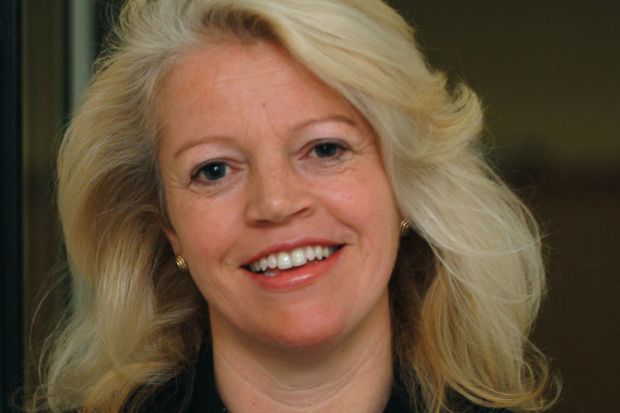Christine Temple, who was 56, was emeritus professor at the university, where she worked for 23 years, serving as head of department from 1991 to 1994. After earning a first-class honours degree in psychology from the University of St Andrews, the native Scot then studied for her master’s in cognitive psychology at the University of California, Los Angeles, before undertaking doctoral studies at the University of Oxford.
Professor Temple’s work at Oxford brought her international prominence. Under the supervision of eminent psychologists John Marshall and Freda Newcombe, her research successfully demonstrated that individuals with developmental dyslexia could suffer from impairments in single-word reading that were just as selective as those that had recently been observed in cases of acquired phonological dyslexia and acquired surface dyslexia.
She went on to pioneer the use of single case studies in the investigation of developmental disorders and was instrumental in the emergence of an area of research known as “developmental cognitive neuropsychology”.
Professor Temple joined Essex from Royal Holloway, University of London, and she established and led the Developmental Neuropsychology Unit. Between 2004 and 2010, she served as a pro vice-chancellor at Essex, maintaining a steady output of important research into the effects on cognitive development of genetic impairments including Williams syndrome and Klinefelter’s syndrome.
Among the PhD students she supervised were Sally Robinson and Paul Richardson, who extended the single case approach to studies of developmental amnesia and childhood semantic memory impairment.
Sheina Orbell, who worked with Professor Temple in the department of psychology at Essex, described her erstwhile colleague as “the brightest of lights, and the brightest lights unfortunately sometimes shine for only half as long”.
“Christine was wonderfully glossy, and sometimes breathtakingly bright and quick of mind,” Professor Orbell said. “She could form a goal and stay focused upon it. She championed women in science and academia, both as a role model and in person. Above all, I remember her optimism and positivity. She was a fantastic colleague and comrade, and the bravest woman I have met.”
Professor Temple, who retired through ill health only in the summer, died at St Helena Hospice in Colchester on 22 October after losing her battle with cancer. She is survived by two sons, aged 17 and 19.
Register to continue
Why register?
- Registration is free and only takes a moment
- Once registered, you can read 3 articles a month
- Sign up for our newsletter
Subscribe
Or subscribe for unlimited access to:
- Unlimited access to news, views, insights & reviews
- Digital editions
- Digital access to THE’s university and college rankings analysis
Already registered or a current subscriber? Login

